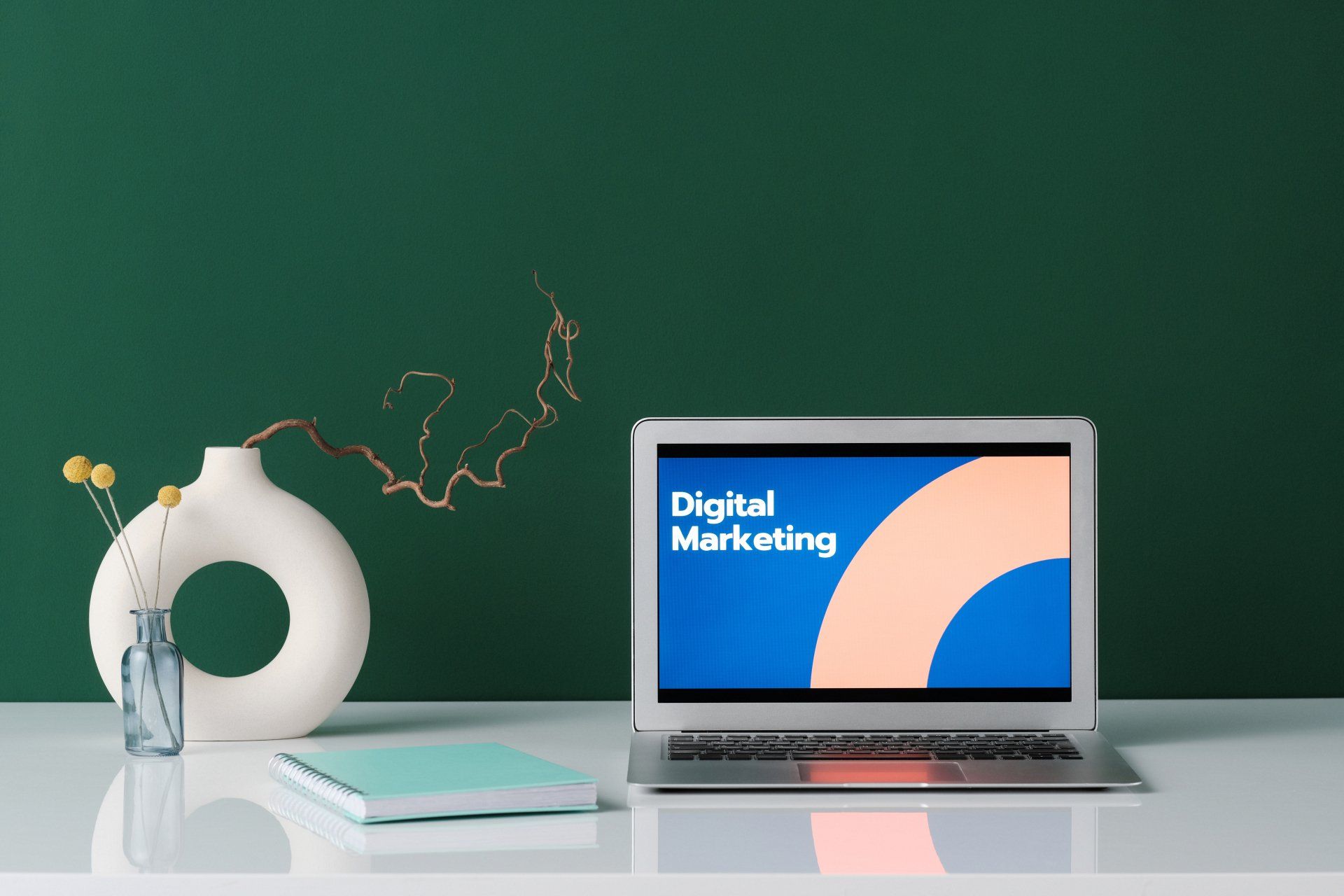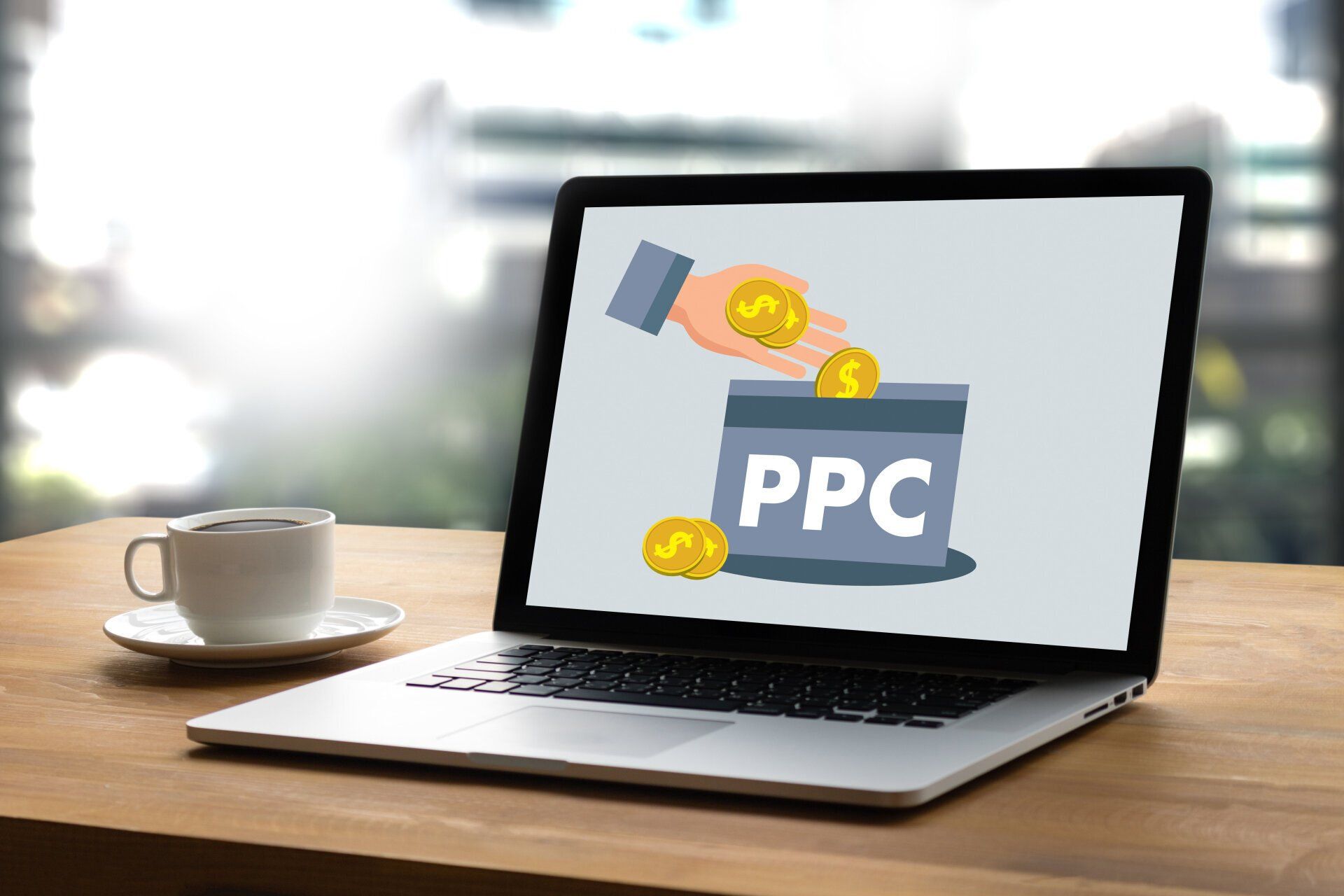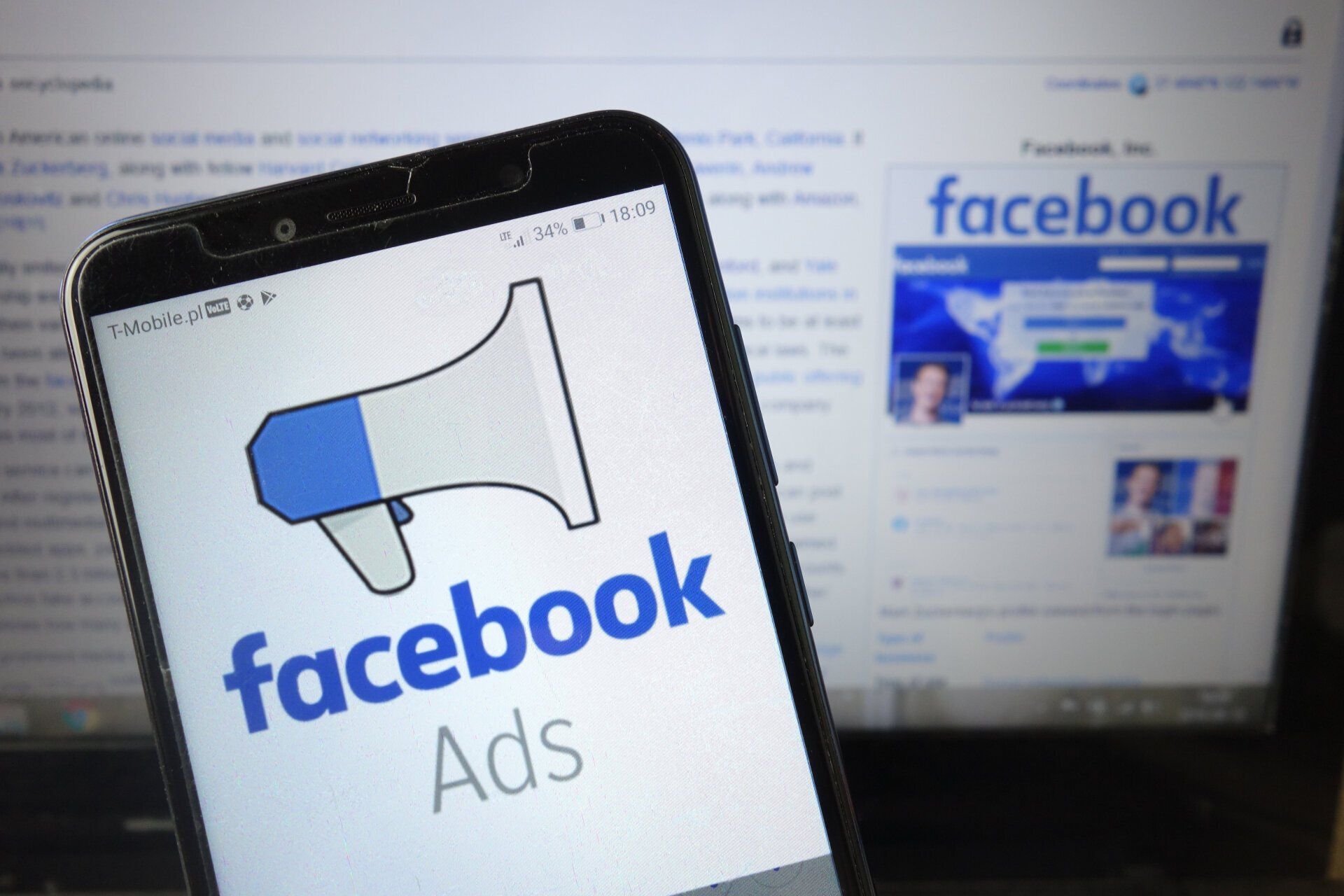The Power of Local SEO for Home Services
Unleash the Power of Local SEO
Introduction:
In the vast digital landscape, local SEO often remains an untapped resource for many home services businesses. This blog unveils a comprehensive step-by-step guide to help you harness the true potential of local SEO and elevate your plumbing business.
Step 1: Claim Your Google My Business (GMB) Listing
Your Google My Business (GMB) listing is your digital storefront. Claim and optimize it to the fullest by ensuring it's complete with accurate business information. Include your name, address, phone number (NAP), hours of operation, and a compelling business description. Encourage satisfied customers to leave reviews, enhancing your reputation and boosting local rankings.
Unlock Your Business Presence on Google:
Google My Business (GMB) is more than a listing—it's your business's digital storefront on Google. Claiming your GMB listing unlocks a spectrum of features that enhance your online visibility, enabling potential customers to discover essential information about your business with a simple search.
Ensure Accuracy of Business Information:
One of the primary benefits of claiming your GMB listing is the ability to control and update critical business information. From your business name and address to contact details and operating hours, ensuring the accuracy of this information establishes trust with customers and fosters a positive user experience.
Enhance Local Search Visibility:
Google prioritizes local results, especially for users searching for products or services in specific locations. By claiming your GMB listing, you signal to Google that your business is legitimate and ready to serve local customers. This enhances your chances of appearing in local search results, including the coveted Google Maps listings.
Optimize for Local Keywords:
GMB allows you to input relevant keywords that describe your business. Take advantage of this by optimizing your listing with local keywords that potential customers might use when searching for services in your area. This optimization aligns your business with local search intent and improves its discoverability.
Leverage Customer Reviews and Ratings:
Customer reviews and ratings play a pivotal role in local SEO. Claiming your GMB listing provides you with the ability to respond to reviews, engage with customers, and showcase the positive aspects of your business. Positive reviews contribute to a higher likelihood of attracting new customers and improving your local SEO ranking.
Showcase Visual Content:
Visual content speaks volumes. Claiming your GMB listing enables you to showcase images that provide a visual representation of your business. From photos of your storefront to images of your team and services, visual content enhances your listing and creates a more engaging experience for potential customers.
Monitor Insights and Analytics:
GMB offers valuable insights and analytics about how users interact with your listing. From the keywords users use to find your business to the actions they take, these insights provide a wealth of information. Regularly monitor GMB analytics to refine your local SEO strategy and understand your audience better.
Stay Competitive in Local Searches:
In the competitive landscape of local businesses, claiming your GMB listing is a strategic move that sets you apart. Businesses with claimed listings are more likely to attract attention, instill trust, and appear prominently in local search results. Staying competitive in local searches begins with establishing a strong presence on GMB.
Step 2: Leverage Local Keywords
Local keywords are your golden ticket to capturing the attention of potential customers in your service area. Conduct thorough keyword research to identify effective local keywords that align with your home services business. Naturally incorporate these keywords into your website content, meta descriptions, and headings.
Understand the Local Search Landscape:
The journey to local SEO dominance begins with a deep understanding of the local search landscape. Recognize the unique terms and phrases potential customers use when seeking products or services in your area. This understanding forms the foundation for leveraging local keywords strategically.
Incorporate Location-Specific Terms:
Infuse your website content with location-specific terms relevant to your business. This includes not only the name of your city or town but also neighborhood names, landmarks, and other identifiers that locals commonly use. Incorporating these terms signals to search engines that your business is closely tied to the local community.
Optimize Meta Tags and Descriptions:
Elevate your local SEO game by optimizing meta tags and descriptions with local keywords. Ensure that your page titles, meta descriptions, and header tags include relevant local terms. This optimization not only enhances search engine visibility but also provides users with immediate clarity about your local relevance.
Create Locally-Focused Content:
Content is a powerful tool for local SEO. Create blog posts, articles, or landing pages that address local topics, events, or industry trends. This not only establishes your expertise within the local community but also provides opportunities to naturally incorporate local keywords into your content.
Utilize Google My Business (GMB) Keywords:
Leverage the potential of Google My Business (GMB) by incorporating local keywords into your listing. From business categories to services offered, inputting relevant local terms on your GMB profile aligns your business with local search intent and enhances its visibility in Google's local search results.
Monitor Competitor Keywords:
Keep a watchful eye on the local keywords your competitors are targeting. Tools like Google Keyword Planner or third-party SEO tools can provide insights into the keywords that resonate within your industry and locale. Analyzing competitor strategies informs your approach and helps you identify untapped opportunities.
Optimize Image Alt Text:
Visual content is a crucial aspect of your website. Optimize the alt text of images by incorporating local keywords. This not only enhances the accessibility of your site for users with disabilities but also provides search engines with additional context about the local relevance of your visual content.
Request Local Reviews with Local Keywords:
Reviews are a vital component of local SEO. Encourage satisfied customers to leave reviews that include relevant local keywords. This not only contributes to your business's credibility but also reinforces the association of your business with local search terms, influencing your local search ranking.
Step 3: Optimize On-Page SEO
On-page SEO is the backbone of local search efforts. Ensure your website is optimized for local search by featuring consistent NAP information. Create dedicated location pages for multiple physical locations. Use structured data markup (schema markup) to provide search engines with specific details about your business, such as address, phone number, and operating hours.
Localize Meta Titles and Descriptions:
The meta title and description serve as the digital handshake between your website and search engines. Localize these elements by incorporating relevant local keywords. Craft compelling meta titles that succinctly convey your business's local relevance, encouraging clicks from users searching within your area.
Include Local Schema Markup:
Schema markup is the secret sauce that adds context to your website for search engines. Implement local schema markup to provide additional information about your business, such as your physical location, contact details, and business hours. This not only enhances your local SEO but also increases the likelihood of your business appearing in rich snippets.
Optimize URL Structure for Locality:
A clean and structured URL is not only user-friendly but also contributes to on-page SEO. Optimize your URL structure to include locality indicators. For example, if you're a local bakery, a URL like "/city-name/bakery" provides both users and search engines with clear signals about your business's local focus.
Craft Location-Specific Content:
Content is the heart of on-page optimization. Craft location-specific content that resonates with your local audience. Whether it's service pages tailored to different neighborhoods or blog posts highlighting local events, creating content that speaks to your community enhances your local SEO relevance.
Optimize Header Tags (H1, H2, H3):
Header tags not only structure your content but also provide search engines with insights into the hierarchy of information on your page. Optimize header tags by incorporating local keywords. This not only aids in on-page SEO but also enhances the overall user experience by guiding visitors through your content.
Embed Google Maps:
Integration of Google Maps on your website is a powerful on-page optimization tactic. Embed a Google Map that showcases your business's location. This not only provides visitors with a visual reference but also reinforces your business's connection to the local area in the eyes of search engines.
Optimize Image Alt Text with Local Keywords:
Visual content plays a crucial role in on-page optimization. Optimize the alt text of images by incorporating local keywords. This not only boosts accessibility but also signals to search engines the local relevance of your visual content, contributing to enhanced local SEO.
Ensure Mobile Responsiveness:
With an increasing number of users accessing websites on mobile devices, mobile responsiveness is non-negotiable. Ensure that your website is optimized for mobile devices to provide a seamless experience for users. Search engines prioritize mobile-friendly websites, positively impacting your local SEO.
Step 4: Acquire Local Backlinks
Local backlinks from reputable local websites and directories signal to search engines that your business is a relevant and trusted entity in the area. Secure backlinks by reaching out to local business associations, chambers of commerce, and organizations. Guest posting on local blogs and websites can also increase your local authority.
Engage with Local Businesses and Organizations:
Forge connections within your local business community. Engage with neighboring businesses, community organizations, and local events. When you actively participate in local activities, you create opportunities for natural backlink acquisition. Collaborate on projects, sponsor events, or contribute content that merits mentions and links.
Submit to Local Directories and Citations:
Local directories and citation sites are prime opportunities for acquiring authoritative backlinks. Ensure that your business is listed on prominent local directories such as Yelp, Yellow Pages, and local chambers of commerce. Consistent and accurate information across these platforms not only boosts local SEO but also contributes to a healthy backlink profile.
Build Partnerships for Coordinated Linking:
Cultivate partnerships with local businesses that complement your services. Develop mutually beneficial arrangements where both businesses link to each other's websites. Whether it's a local plumber partnering with a hardware store or a restaurant collaborating with a nearby event venue, coordinated linking enhances your local SEO impact.
Participate in Local Sponsorships and Events:
Sponsorship of local events or involvement in community initiatives provides a dual advantage. Not only does it enhance your brand visibility, but it also creates opportunities for local backlinks. Event organizers, local news outlets, and community websites often acknowledge sponsors with links, amplifying your local SEO presence.
Leverage Local Media and Publications:
Establish relationships with local media outlets, newspapers, and online publications. Contribute expert insights, share local success stories, or offer to write guest articles with a local focus. By becoming a go-to source for local content, you increase the likelihood of earning backlinks from reputable local media sources.
Encourage Customer Reviews and Testimonials:
Customer testimonials are a powerful form of social proof that also contribute to local backlinks. Encourage satisfied customers to share their experiences on your website. When these testimonials include a link back to the customer's website or social profile, it adds a valuable local link to your site.
Participate in Local Forums and Discussions:
Join local forums, discussion groups, and online communities where your target audience engages. Contribute meaningfully to discussions, share insights, and establish your business as a local authority. As you participate, you may naturally earn backlinks from community members or forum moderators.
Host or Participate in Local Events:
Hosting or participating in local events not only creates opportunities for community engagement but also generates potential backlinks. Event listings, community calendars, and local event promotion platforms often link back to the organizers. Ensure that your website is featured prominently in event promotions.
Step 5: Online Directories and Review Platforms
Harness the power of online directories and review platforms like Yelp, TripAdvisor, and Yellow Pages. Sign up for at least 60+ directories to acquire valuable backlinks and improve your online presence. Maintain consistency in your NAP information across these platforms to avoid confusion for search engines and potential customers.
Claim and Optimize Your Google My Business (GMB) Listing:
Google My Business (GMB) is the cornerstone of local online visibility. Claim and optimize your GMB listing by providing accurate business information, high-quality visuals, and engaging content. A fully optimized GMB profile not only enhances local SEO but also positions your business for prominence in local search results.
Diversify Across Local Directories:
Beyond GMB, diversify your presence across a spectrum of local directories. Ensure that your business is listed on prominent platforms such as Yelp, Yellow Pages, Bing Places, and industry-specific directories. Consistent and accurate information across these directories enhances your local SEO and bolsters your online presence.
Encourage and Respond to Customer Reviews:
Customer reviews are not just testimonials—they are influential signals that impact local SEO. Encourage satisfied customers to leave reviews on platforms like Google, Yelp, and Facebook. Promptly respond to reviews, both positive and negative, demonstrating your commitment to customer satisfaction and reinforcing a positive online reputation.
Utilize Industry-Specific Platforms:
Depending on your business niche, explore industry-specific online platforms and directories. From TripAdvisor for hospitality businesses to Angie's List for home services, being present on platforms relevant to your industry broadens your online footprint and enhances your local SEO relevance.
Optimize Business Descriptions and Categories:
Fine-tune your business descriptions and categories on online directories. Ensure that your descriptions are concise, engaging, and incorporate relevant local keywords. Accurately categorize your business to align with the services you offer, providing search engines with clear signals about your local relevance.
Implement Local Structured Data Markup:
Supercharge your local SEO by implementing local structured data markup on your website. This markup provides search engines with additional context about your business, including location, operating hours, and contact information. This not only enhances your visibility in local search results but also contributes to rich snippets.
Monitor and Update Information Regularly:
Online information is dynamic, and ensuring its accuracy is paramount. Regularly monitor your business information across online directories. Update any changes promptly, including address, phone number, business hours, or services offered. Consistent and updated information fosters trust and positively impacts local SEO.
Incorporate Location-Based Keywords:
Infuse your business descriptions and content on online directories with location-based keywords. Whether it's mentioning your city, neighborhood, or local landmarks, incorporating these keywords reinforces your local relevance and boosts your visibility in location-specific searches.
Step 6: Keep Your NAP Information Accurate and Consistent
Maintain a strong local SEO presence by ensuring the accuracy and consistency of your NAP information across all online platforms and directories. Inaccurate information can negatively impact local search rankings and confuse potential customers. Use tools or services to monitor and manage your business listings for accuracy.
Start with a Thorough Audit of Your NAP:
The journey to NAP perfection begins with a comprehensive audit of your existing information. Verify that your business name, address, and phone number are accurate across all online platforms, directories, and your website. Identify any discrepancies or outdated information that may impact your local SEO.
Consistency Across Online Directories:
Consistency is the keystone of effective NAP management. Ensure that your NAP information is consistent across all online directories, including Google My Business, Yelp, Bing Places, and industry-specific platforms. A unified NAP presence reinforces your business's legitimacy and positively influences local search rankings.
Update Immediately for Changes:
Business details are subject to change, whether it's a new phone number, address, or business name. Any changes should be updated immediately across all online platforms. Timely updates not only prevent confusion among potential customers but also demonstrate reliability to search engines.
Implement Structured Data Markup:
Supercharge the visibility of your NAP information by implementing structured data markup on your website. This markup provides search engines with explicit details about your business, including NAP information. This not only enhances the accuracy of search engine results but also contributes to rich snippets in local searches.
Include Local Keywords in NAP:
Infuse local keywords into your business name and description where appropriate. This is particularly relevant for businesses serving specific localities or neighborhoods. Integrating local keywords into your NAP information aligns your business with local search intent and boosts your visibility in location-specific queries.
Monitor User-Generated Content:
User-generated content, such as customer reviews and testimonials, may also include mentions of your business's NAP. Monitor these mentions and ensure that they align with your accurate and consistent information. Respond promptly to any inaccuracies to maintain the integrity of your NAP across various online channels.
Educate Staff on Consistent Information:
If your business has multiple locations or team members responsible for updating information, ensure that all staff members are educated on the importance of consistent NAP information. Establish protocols for updating and verifying details, minimizing the risk of discrepancies.
Regularly Audit and Update:
NAP consistency is an ongoing commitment. Regularly audit your business information across all platforms, and update as needed. This proactive approach not only preserves your local SEO efforts but also instills confidence in potential customers seeking accurate information about your business.
Conclusion:
Local SEO is a powerful tool that can significantly boost your plumbing business by connecting you with nearby customers actively seeking your services. If you're not already implementing these strategies, start today. Feel free to reach out if you have questions or need guidance on enhancing your local SEO efforts. I'm here to help you achieve exceptional results for your plumbing business.











